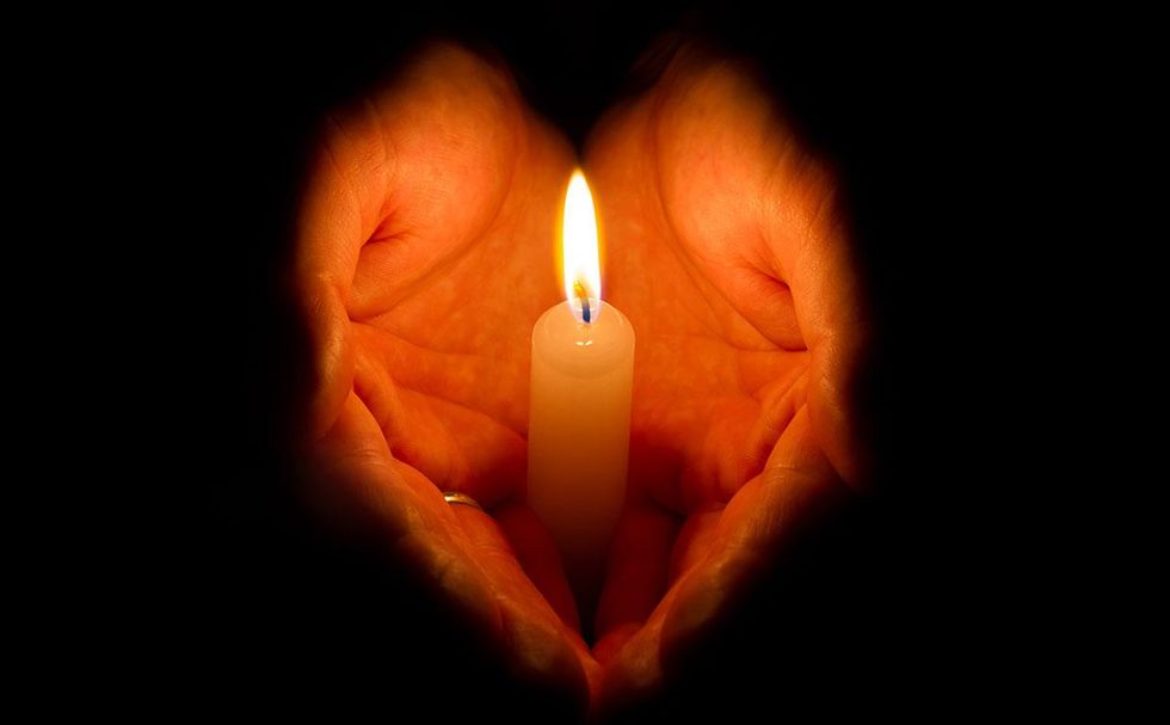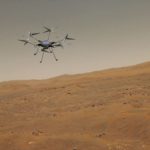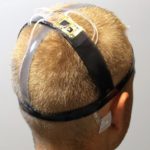
Former CEO of American Electric Power Dies at 94
Willis S. “Pete” White Jr.Former CEO of American Electric PowerLife senior member, 94; died 4 July
White served in the U.S. Navy during World War II. After the war, he joined American Electric Power in Columbus, Ohio, as an assistant engineer. Except for a short period volunteering for the Defense Electric Power Administration during the Korean War, he spent his entire career at AEP.
He worked in managerial positions in New York, Ohio, and Virginia, then became AEP’s chief executive in 1976 and served in that role until he retired in 1991.
White was the first American chair of the International Conference on Large High-Voltage Electric Systems. He was a member of the board for several companies and organizations including Bank of New York Mellon, Irving Trust, the Edison Electric Institute, and the National Association of Manufacturers.
He was appointed by U.S. President George H.W. Bush as a private-sector representative to the presidential economic delegation to Poland.
White served on the board of visitors at Virginia Tech and was vice rector and rector there. He also served as a director of the Virginia Tech Foundation. He was a trustee of Randolph-Macon Woman’s College, in Lynchburg, Va.
He earned a bachelor’s degree in electrical engineering from the Virginia Polytechnic Institute, now Virginia Tech, and received a master’s degree in industrial management as a Sloan Fellow at MIT. He was awarded an honorary doctorate in business administration by Indiana University in Bloomington. He also was a member of the IEEE–Eta Kappa Nu honor society.
Carleton Peter DewittFounder of Holt Instrument LaboratoriesMember, 92; died 9 March
When Dewitt was a youngster, he was an avid sailor and an amateur radio operator. He joined the U.S. Navy after earning a bachelor’s degree in electrical engineering in 1951 from Rensselaer Polytechnic Institute, in Troy, N.Y.
The Navy assigned him to work at aircraft manufacturer Convair, in San Diego. He was part of a team there developing missile and rocket systems, including the Atlas missile, which was used in Friendship 7.
After DeWitt was discharged from the Navy he left Convair to work on an early digital voltmeter at Electro Instruments. While there, he suggested the company build more accurate calibration systems. But Electro didn’t act on his idea, so he left in 1957 to start his own venture, Holt Instrument Laboratories, in his hometown: Oconto, Wis.
Holt provided AC and DC voltage and current calibration instruments to all branches of the U.S. military and the companies that served them—including Boeing, Lockheed Martin, and Northrop Grumman. It also was a leader in measurement instruments.
Holt supplied calibration and measurement systems used for NASA’s Apollo, Gemini, and Mercury programs, and the company’s devices are still used today. Holt helped develop a simulator that trained the Apollo astronauts how to land on the Moon. The company also developed a way to conserve fuel during landing and takeoff of the Apollo 11 lunar landing module.DeWitt downsized his operations after an economic recession hit the United States in 1975. He closed the business in 2018.
Robert A. JohnsonMechanical filter pioneerFellow, 88; died 18 April
Johnson served in the U.S. Army for two years after he earned a bachelor’s degree in engineering at the University of California, Los Angeles. While enlisted, he worked on radio electronics for radar vans at the Army’s Aberdeen Proving Ground, in Maryland. Following his honorable discharge, he returned to UCLA to pursue a master’s degree.
After graduating, he joined Collins Radio—now Collins Aerospace—headquartered in Cedar Rapids, Iowa. During his career, he designed 14 patented electromechanical filters.
He was an IEEE member for 60 years and presented several papers at the organization’s conferences. He also wrote Mechanical Filters in Electronics, the first book in a series about the design, fabrication, and uses of filters.
Johnson championed civil rights and participated in protests and marches, according to his obituary in the Los Angeles Times. He was a longtime board member of the Fair Housing Council of Orange County and a founder of the Orange County Community Housing Corp. The OCCHC builds apartments and homes in low-income neighborhoods. Johnson helped write the book A Different Shade of Orange: Voices of Orange County, California, Black Pioneers.
Robert WorthElectrical engineerLife senior member, 93; died 16 May
Worth was drafted into the U.S. Army in 1950 after receiving a bachelor’s degree in electrical engineering in 1949 from Iowa State University, in Ames.
He served for two years and was stationed at Fort Monmouth in New Jersey. He left the Army with the rank of sergeant. He briefly worked at Maytag and left the commercial appliance manufacturer to join Iowa Power and Light. He retired from there in 1992.
Worth was an avid supporter of the IEEE History Center.
Mark E. PattonElectrical engineer Life member, 64; died 9 June
Patton’s engineering career spanned more than 35 years.
He was an electrical engineer for BAE Systems in Nashua, N.H., for 29 years before starting his own Internet marketing consulting business.
Patton received the 1986 Young Engineer of the Year Award from the New Hampshire Society of Professional Engineers.
He was an avid hiker and climbed all 48 1,219-meter-high mountains in New Hampshire, as well as several others in the U.S. National Park System.
He received his bachelor’s degree in electrical engineering from Drexel University, in Philadelphia, and his master’s degree in engineering from Northeastern University, in Boston.
Read More


